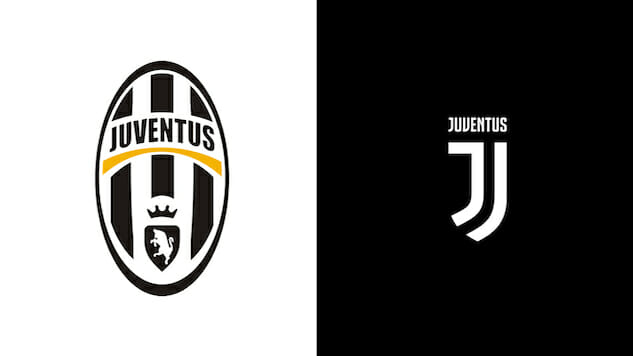
The etymology of the word ‘brand’ is a little unclear, but the Online Etymology Dictionary claims it first meant an “…identifying mark made by a hot iron” (1550s) [and] broadened by 1827 to ‘a particular make of goods.’ ‘Brand name; is from 1922.”
The ‘brand expression’ company Black Coffee offers some more detailed insight into how “brand” became a cornerstone of corporate marketing jargon, and how the noun became a verb:
…it wasn’t until May 13, 1931 that Procter & Gamble’s Neil McElroy proposed the modern concept of “branding.” Through an internal memorandum, he proposed a new business strategy called “brand management” and the age of product and brand differentiation was born.
Interestingly, the original meaning of “brand” as verb had a much more sinister connotation, which Black Coffee cites—without irony—from the Morris Dictionary of Word and Phrase Origins: “We do know, however, that brands were first used on humans—criminals and slaves.”
I am not going to use the history of language to make a clumsy point about capitalistic mental models and dehumanization. Nor am I going to try and pinpoint when the concept of corporate brands and branding first infiltrated the footballing world. But it’s worth questioning whether we’ve truly stopped supporting football clubs and started consuming lifestyle brands.
In truth, as broadcasting rights have pumped more and more money into the game that is becoming increasingly global in scope, clubs have learned to embrace corporate marketing jargon, if only as a form of signalling to potential corporate sponsors. Though fans are not exactly comfortable with this arrangement, they know that it is ultimately about earning more money to buy better players and win more trophies. Football is still football. The times though have changed and so have the way in which clubs have had to operate.
But the boundaries between football the 150 year old sport and football the lifestyle brand are beginning to blur. Many of the articles attacking/defending the recent Juventus “rebrand” for example have adopted the term uncritically, as if the ubiquity of the word itself was not a symptom of what made the crest redesign necessary.
I will be upfront and say I don’t particularly mind the new crest, though I do think this would have been a slightly more respectful take, a more balanced marriage between new and old:

What irks me most is the justification. Juventus claims the redesigned crest will help “…distil its essence into far-reaching experiences which can appeal to the football fan while being highly relevant to entertainment enthusiasts who are further away from football as a sport.”
Another editorial, which includes talk of “essential signifiers” and “general cognitive mapping”, explains the club’s intentions this way:
The need for a brand’s message to be self-evident becomes more necessary as brands also end up inhabiting more spaces. It’s no surprise that the Juventus press release this week repeatedly emphasised the words “black and white” and “more”. The “more” here refers to the space that is now open to a global brand like Juventus, whose visual message is no longer confined to football alone.
That little double J seems to be doing a lot of heavy lifting! Not only will it earn Juve new fairweather fans halfway across the globe, but it will encourage American teens to buy Juve swag. Some backers have gone so far as to say to doubters, ‘You don’t get where football is headed. Clubs need to start thinking like Apple.”
But Apple designs products that people use. The design is closely attached to form—they reflect function. As Mike Markkula, one of Apple’s earliest investors and mentor to Steve Jobs, once said of the company’s design-driven ethos, “We may have the best product, the highest quality, the most useful software, etc; if we present them in a slipshod manner, they will be perceived as slipshod; it we present them in a creative, professional manner, we will impute the desired qualities.” Design in other words is packaging. People buy iPhones not only because they’re well-designed, but because the design reflects the function of the product.
If Juventus want to get into the apparel business, by all means. But they cannot pretend the ultimate ‘function’ of football is anything other than to be loved. Despite the suits desperate to convince the world football is, in fact, another good like toothpaste or eyeliner, football is not a product. Juve is a football club, not a lifestyle brand. They don’t exist to produce shirts, they exist to win trophies. Their fans are not consumers, but supporters. Juventus’ players are not entertainers, but footballers. Juventus is a club, not a company.
The redesign certainly won’t see Juventus lose any fans, and no one thinks the old crest was a thing of beauty. But if fans think the club is risking its history, its roots, its essence in the pursuit of a few instagram shots of Drake wearing official Juve apparel, the knives may finally come out.